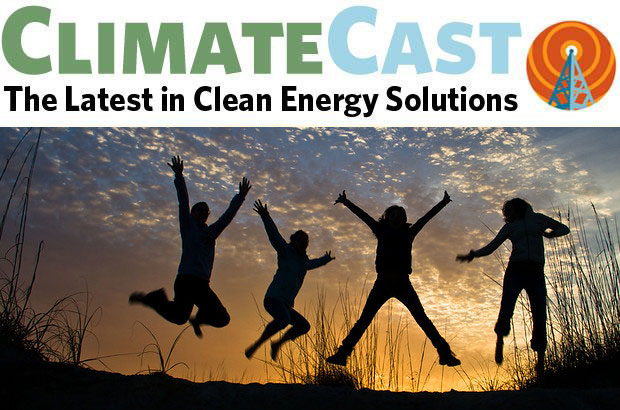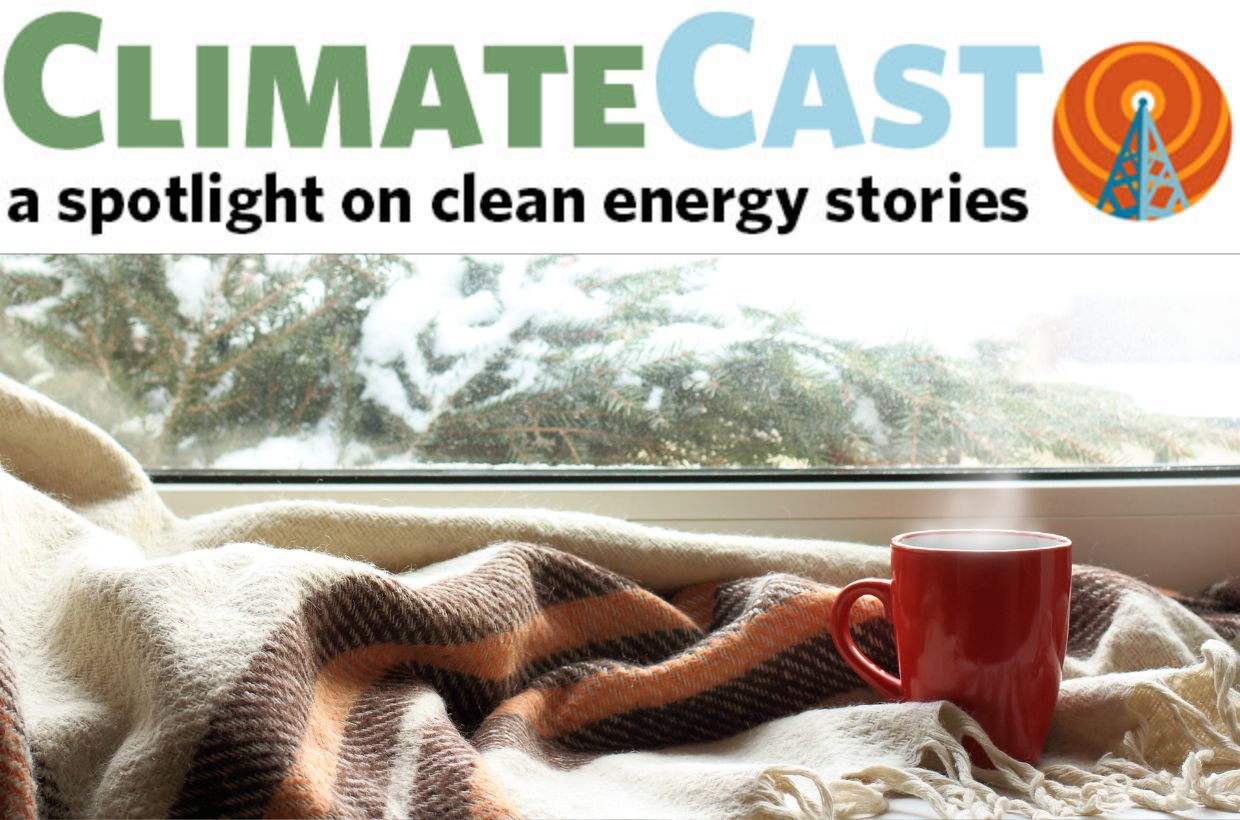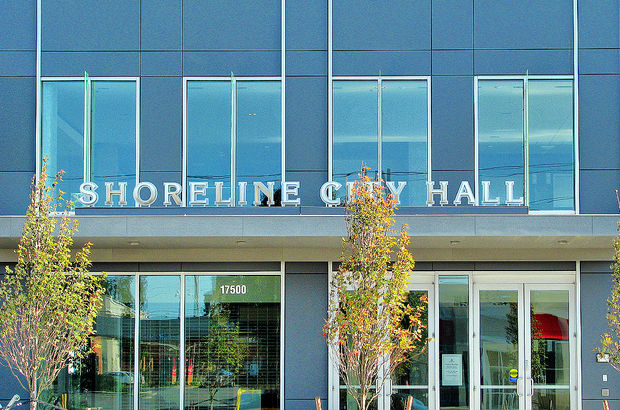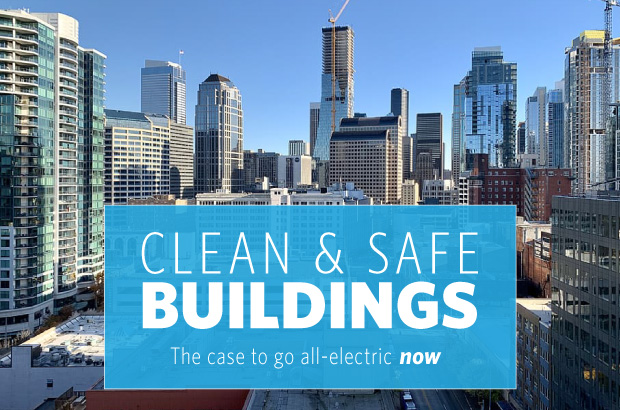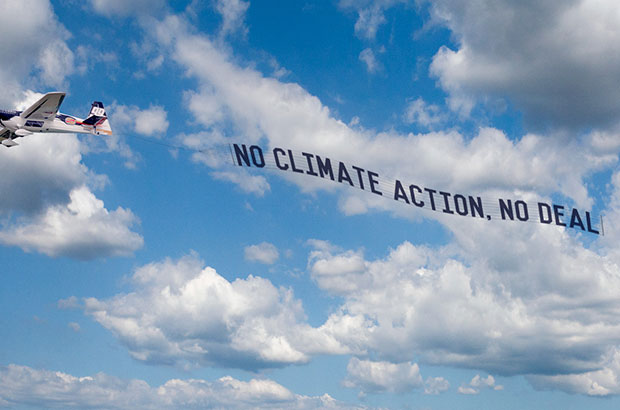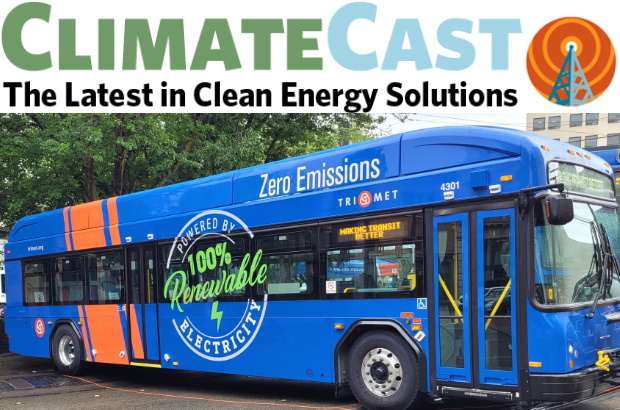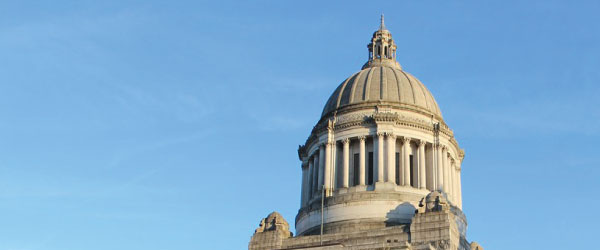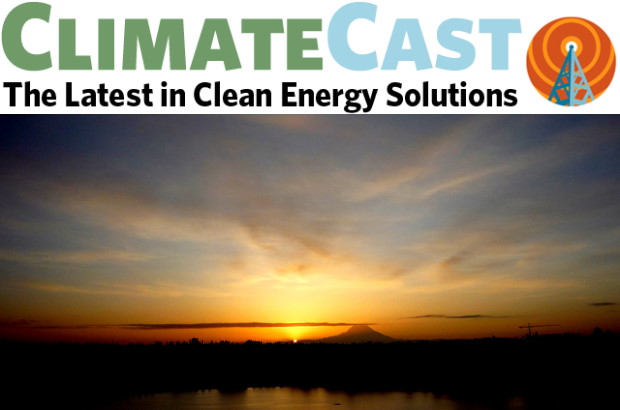
Heating and powering our homes and businesses generates a lot of our climate-changing pollution; our built environment is a major contributor to global warming. If our homes and buildings were carbon-free and energy efficient, we would significantly reduce our climate pollution, drastically cut energy costs for owners and renters, and improve air quality where we live and work.
For example, in both Oregon and Washington State, climate-worsening pollution from buildings are growing at a faster rate than any other source, with this increase largely attributable to the use of fossil gas in homes and buildings. Burning fossil gas in homes and buildings is not only a significant contributor to climate change, but also poses significant health risks for our communities, children, and other vulnerable populations.
Indoor air quality issues are particularly concentrated for low-income residents in smaller units with poor ventilation. Communities of color are already disproportionately impacted by outdoor air pollution, and should not continue to be disproportionately harmed by poor indoor air quality as well. Gas appliances also worsen our outdoor air quality. For example, California’s residential appliances releasing more than two times as many NOx emissions as all of their gas power plants combined, and commercial gas appliances releasing just as much NOx pollution as all of California’s cars.
States and many cities in the region and around the country are increasingly looking at ensuring all new buildings are electric as a key cost-effective pathway for achieving their local or state greenhouse emissions goals. Electrifying buildings is critical to addressing climate change, but it is also achievable, affordable, safe, and creates a more resilient energy system.
We are working with lawmakers and community partners to move rapidly toward electrifying our buildings for heating, cooling and cooking. We can also construct homes and buildings that get all their energy from sustainable sources, and even produce as much energy as they use — net zero energy buildings.
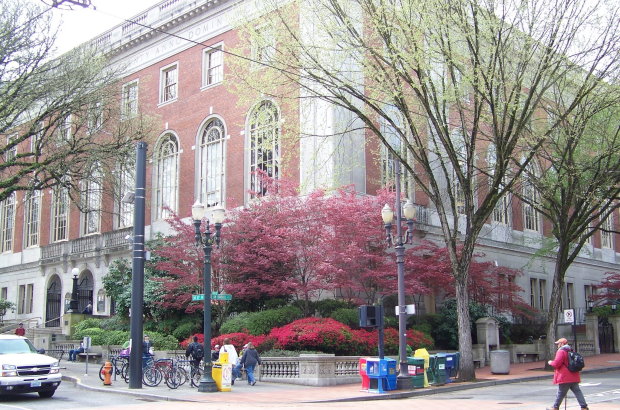
We did it! 100% clean and fossil-free Multnomah county buildings
Multnomah County Board of Commissioners unanimously approved a resolution ensuring all new county-owned buildings—including libraries, courthouses, and community centers—are built to be fossil-free and utilize 100% clean and renewable energy.

Oregonians: It's time to SPRING into climate action!
We're pleased to report forward progress on two of our high-priority climate bills.
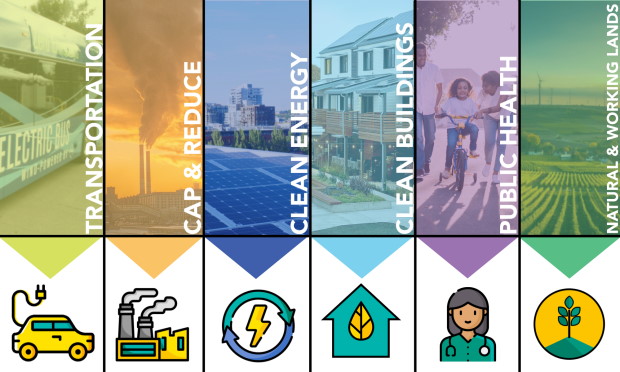
Oregon's Climate Action Plan (OCAP) turns one
Just over a year ago, Oregon Governor Kate Brown signed Executive Order 20-04, now cal
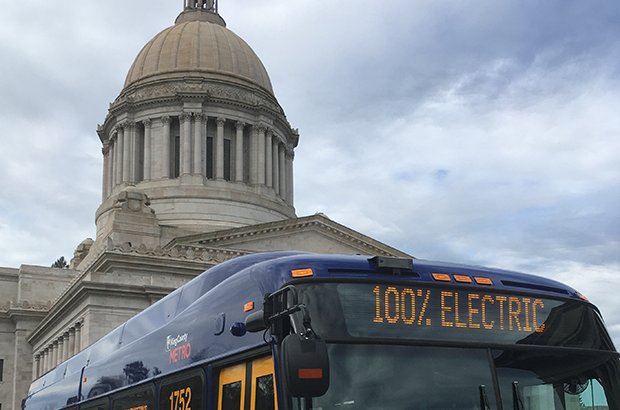
We're Past the Halfway Point
We’ve passed the halfway mark in Washington’s Legislative session. Check out our update on Climate Solutions’ top climate priorities, and where we need to apply pressure to make sure our lawmakers demonstrate climate leadership.
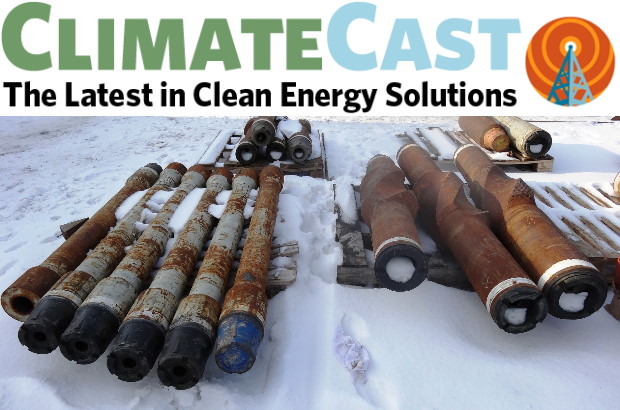
Sleuthing for truth during power outages
Photos of an ice-coated Texas wind turbine were weaponized as supposed "evidence" that renewables were to blame for widespread power outages.
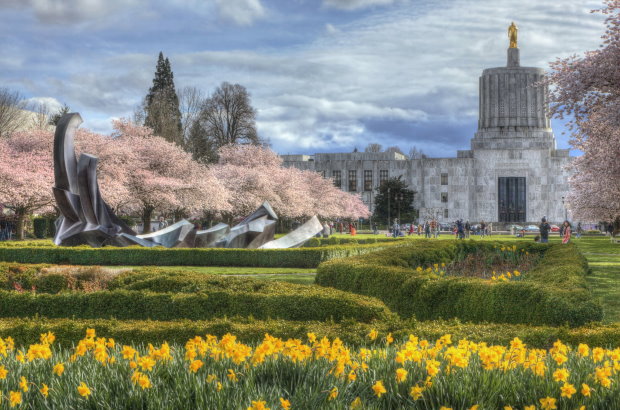
2021: Action time for climate in the Oregon Legislature
As the historic wildfires that devastated Oregon last September and the most recent ice storms make clear, climate chaos is here and harming Oregon’s communities and well-being now.
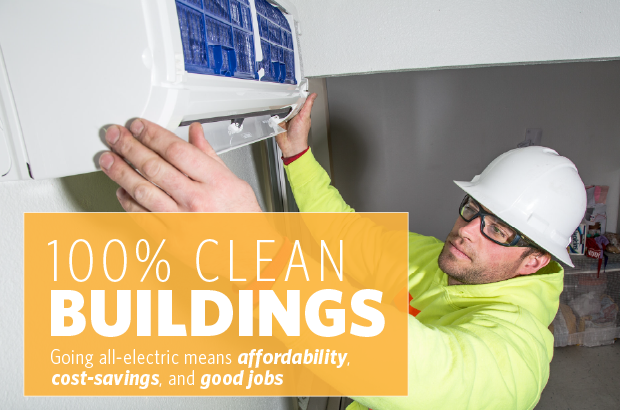
Living cleaner: why cities are shifting to all-electric buildings
We can make sure that our buildings are healthy and safe. A transition to all-electric will require our communities dispelling misinformation and speaking up for policies that move us off gas in an equitable and just way.

2021: Action time for climate in the Washington Legislature
Naysayers will claim that this is not the time for climate action in Washington, not with COVID, racial injustice, and economic recovery on the agenda. But we don’t need to choose between our major priorities: we can achieve climate progress, recover from COVID impacts, and fight systemic racism all at the same time.

The surprising economics behind going all-electric (hint, the numbers are pretty good)
So far our blog series on clean, all-electric buildings has shown how we can reduce our greenhouse gas emissions and improve our health and safety, but what about the economic impacts?
